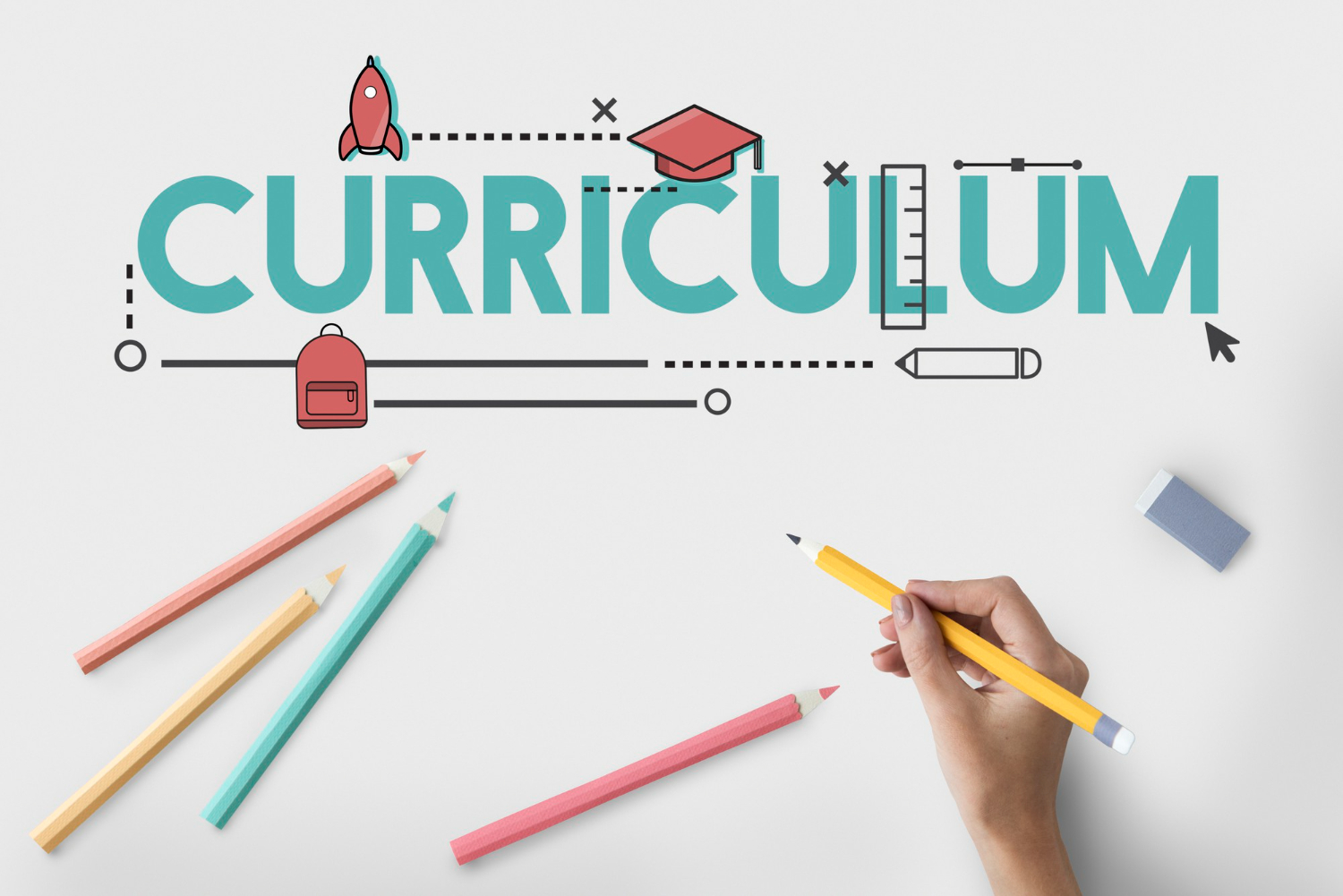Are you a parent eagerly seeking the perfect kindergarten school admission for your little one? Choosing from the various options available can be tricky, but fear not! Understanding the curriculum and its significance during the admission process is paramount. Let’s discuss the comprehensive guide on primary school admission in Singapore to help you make an informed decision.
Importance of Kindergarten Education
The early years of a child’s life are pivotal in shaping their future trajectory. Kindergarten school admission is the bedrock for their educational journey, fostering cognitive, social, and emotional growth. It’s not merely about learning letters and numbers; it’s about instilling a love for learning and nurturing essential life skills.
Kindergarten lays the foundation for academic success in primary school and beyond. Through structured activities and play-based learning, children develop crucial skills such as critical thinking, problem-solving, and collaboration. Moreover, it cultivates their innate curiosity and creativity, setting the stage for a lifetime of exploration and discovery.
Key Components of Kindergarten Curriculum
1. Future Readiness: Kindergarten acts as a bridge between home and formal education, preparing children for the challenges of higher grades. It introduces them to the routines and expectations of school life, easing the transition process.
2. Cultivating Curiosity: Early childhood educators employ various engaging methods to stimulate children’s curiosity and thirst for knowledge. Every activity, from hands-on experiments to immersive storytelling, is designed to spark wonder and exploration.
3. Structured Learning: While play is a central component of kindergarten education, there is also a strong emphasis on structured learning. Children engage in activities that develop literacy, numeracy, and other essential skills in a supportive and nurturing environment.
4. Social Interaction: Kindergarten provides invaluable opportunities for social interaction, allowing children to develop vital social skills such as communication, empathy, and teamwork. They learn to navigate social dynamics and build meaningful relationships through group activities and collaborative projects.
5. Self-esteem Development: Positive reinforcement and encouragement are woven into the fabric of kindergarten education, boosting children’s confidence and self-esteem. As they achieve milestones and overcome challenges, they develop a sense of pride and accomplishment.
6. Creative Expression: Kindergarten encourages creative expression in all its forms, whether through art, music, drama, or imaginative play. Children are encouraged to think outside the box, explore their interests, and express themselves freely.
7. Academic Foundation: While kindergarten may seem like a time for fun and games, it lays a solid academic foundation for future learning. Children are introduced to fundamental concepts in literacy, numeracy, science, and other subjects, setting them on the path to academic success.
Choosing the Right Kindergarten
When it comes to selecting a kindergarten for your child, there are several factors to consider:
-
Curriculum Philosophy: Look for a kindergarten that aligns with your educational values and philosophy. Whether you prefer a play-based approach or a more structured curriculum, choose a school that resonates with your beliefs.
-
Teacher Qualifications: Pay attention to the qualifications and experience of the teaching staff. A dedicated and knowledgeable teacher can make a difference in your child’s educational journey.
-
Facilities: Visit prospective kindergartens to assess the quality of facilities and resources available. A well-equipped learning environment with ample space for play and exploration is essential for fostering a positive learning experience.
-
Parental Involvement: Consider the level of parental involvement the kindergarten encourages. A school that values parent-teacher collaboration and communication can enhance your child’s educational experience.
Curriculum for Kindergarten in Singapore
-
Bilingualism: Emphasis on proficiency in English and Mother Tongue languages.
-
Play-based Learning: Interactive activities for exploration, creativity, and problem-solving.
-
Numeracy Skills: Structured mathematics activities to build a strong foundation.
-
Character Development: Instilling values like respect, responsibility, and empathy.
-
Cultural Integration: Celebrating Singapore’s diverse heritage for unity and understanding.
-
Technology Integration: Thoughtful use of technology to enhance learning experiences.
-
Social and Emotional Learning (SEL): Activities to develop interpersonal skills.
-
Parental Engagement: Encouraging collaboration between educators and families.
Conclusion
Choosing the right kindergarten is a significant decision that can shape your child’s educational journey and future success. By understanding the importance of kindergarten education and taking an active role in the admission process, parents can provide their children with a strong foundation for lifelong learning and achievement. With careful research, thoughtful consideration, and active engagement, you can ensure that your child receives the best possible start in life.


